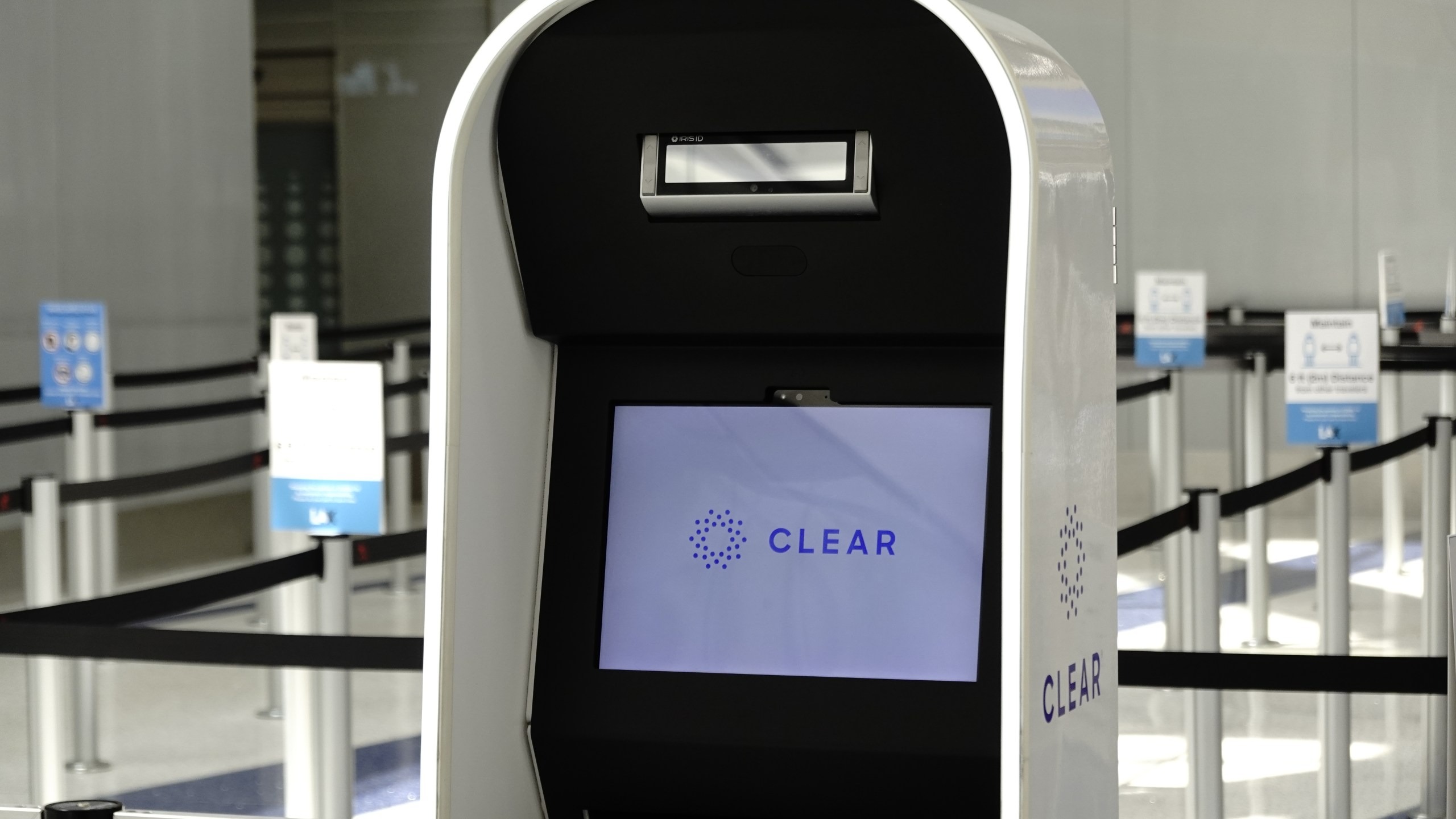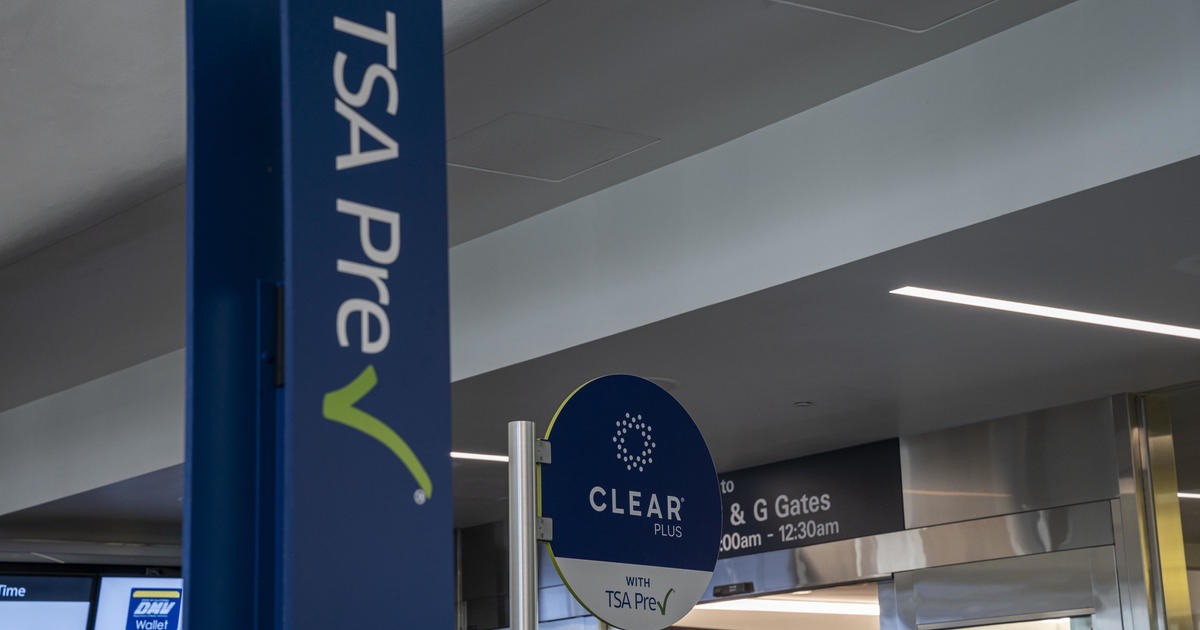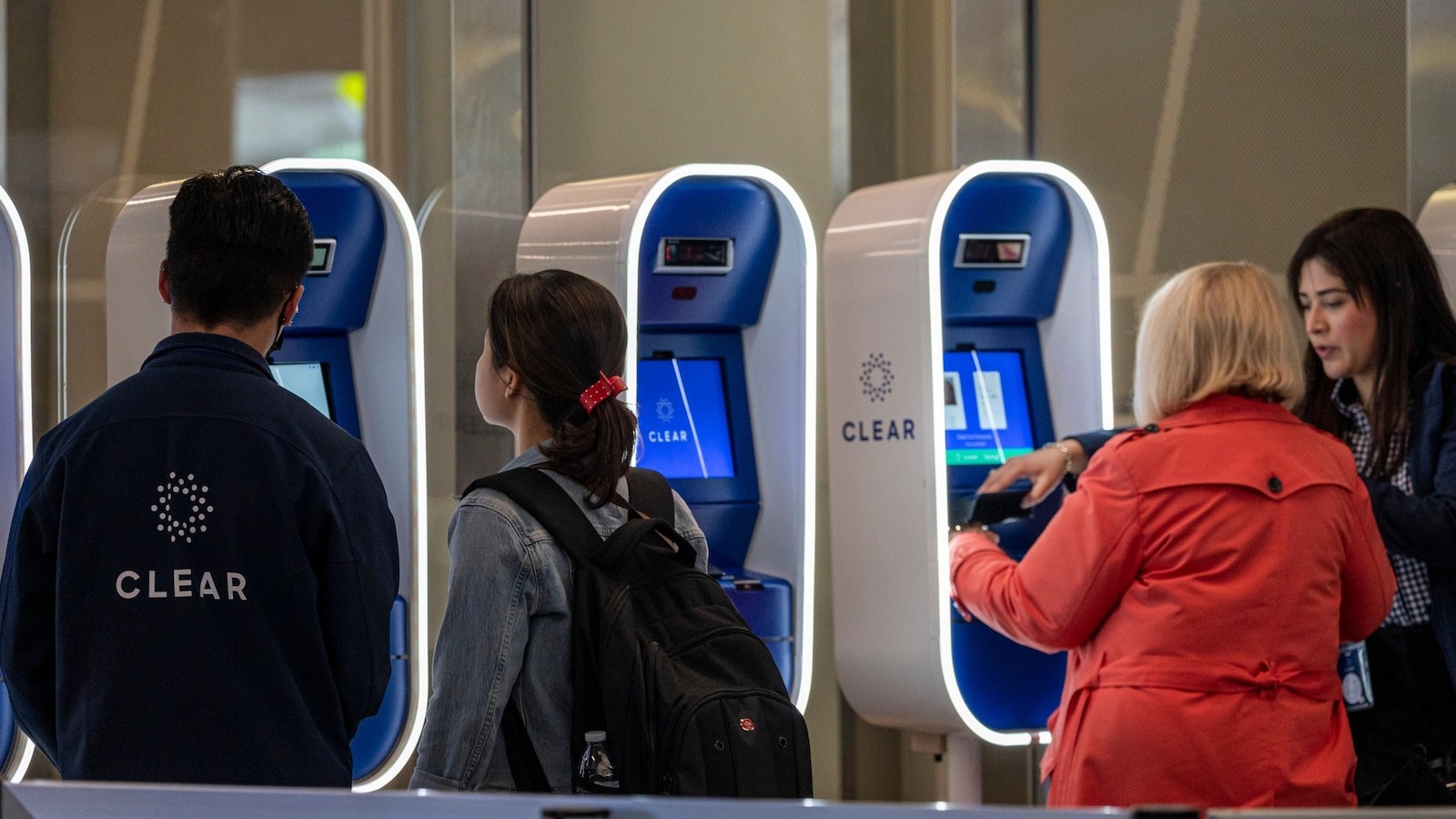A proposed bill in California aims to regulate the operations of security screening company CLEAR at state airports, marking a groundbreaking move in airport security legislation.
Sponsored by California state Sen. Josh Newman (D), the legislation seeks to prohibit CLEAR from bypassing general security lines at airports. Instead, the bill proposes that CLEAR subscribers utilize their own dedicated security lane.
In a statement, Sen. Newman clarified that the bill does not seek to ban CLEAR from operating at state airports but rather aims to ensure fairness in airport security procedures. By segregating CLEAR subscribers into their own lane, the bill intends to streamline the security process for all passengers.

California bill would prevent CLEAR passengers from line-jumping (Credits: FOX 5 San Diego)
Sen. Newman emphasized that while CLEAR may expedite security screening for its high-paying customers, it often comes at the expense of average travelers, who may feel sidelined as CLEAR subscribers jump ahead in the general security line.
Highlighting the importance of prioritizing the public interest, Sen. Newman stressed that airport revenue generation should not undermine the convenience and fairness of airport security procedures.
CLEAR, established in 2010, offers subscribers the ability to bypass traditional airport security and identification checks through biometric technology. Subscribers undergo identity verification using scans of their eyes or fingerprints at CLEAR pods before being escorted to physical screening.

California could ban Clear, which lets travelers pay to skip TSA lines (Credits: CBS News)
Membership fees for CLEAR start at $189 per year for individuals, with additional charges for family memberships. The service operates in over 50 airports nationwide, including nine in California.
Responding to the proposed legislation, a spokesperson for CLEAR reiterated the company’s commitment to enhancing identity verification technology and ensuring a seamless checkpoint experience for all travelers.
The bill has garnered bipartisan support and received endorsements from groups like the Association of Flight Attendants-CWA’s local chapter. It is scheduled for review by the California State Senate’s transportation committee on Tuesday.























